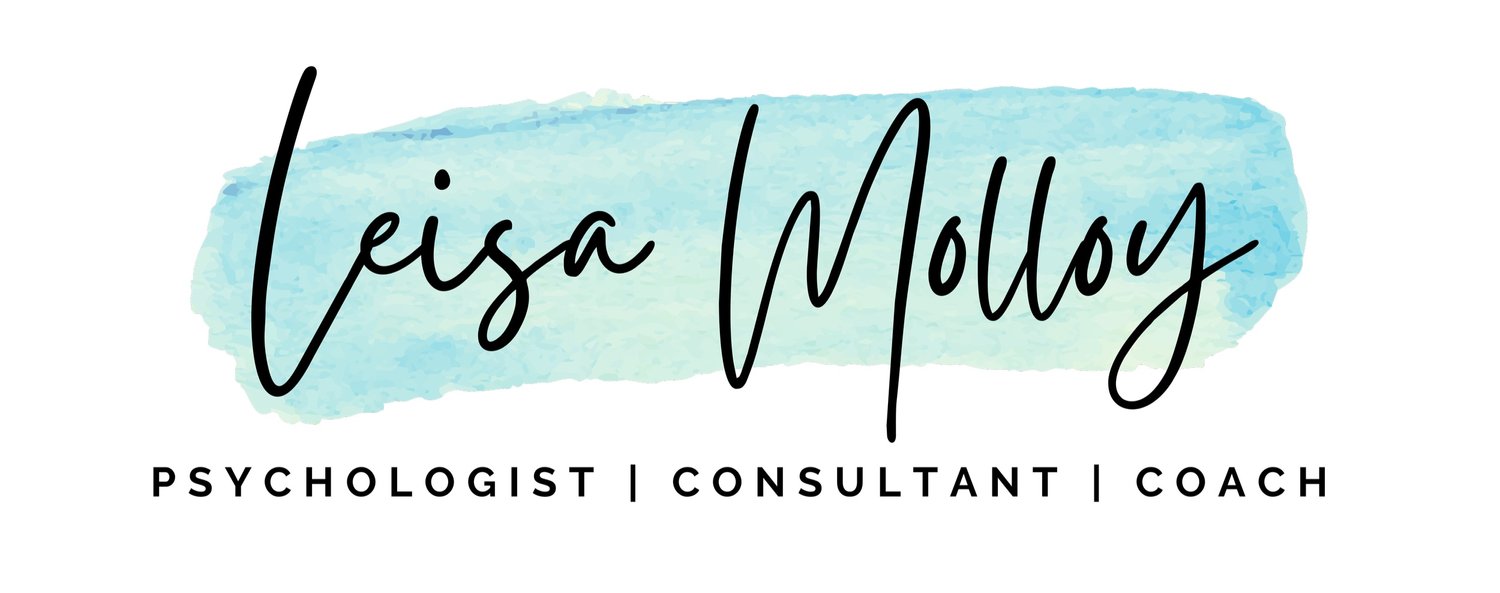On Appreciation, Thinking Again, and "Super Chickens"!
Every month I send out a newsletter including resources, freebies and insights for leaders who want to be more skilled, self-aware and ‘human’ in their approach to handling relationships and navigating important workplace conversations. Most include topics relating to trust, psychological safety, emotional intelligence, communication, and connection.
This is the content from the May 2021 newsletter - enjoy! And be sure to sign up for the newsletter if you enjoy this kind of content :-)
What is the cost of incivility in your organisation?
Given my work around challenging conversations, I regularly hear examples of what Christine Porath calls "workplace incivility".
This article outlines the multitude of ways in which this kind of behaviour can impact an organisation's bottom line. Sadly, my experience suggests there are many instances where these less-than-effective interpersonal behaviours aren't addressed, particularly where those employees are considered "strong" in areas more noticeably linked to business performance.
What isn't considered, however, is the significant cost incurred due to everyone else investing a disproportionate amount of time and energy in managing these dynamics. This is captured well by Porath's suggestion that "de-energising relationships - those that are negative or draining - have a 4 to 7 times stronger negative impact on performance than the positive effects of relationships that are energising (defined as leaving employees feeling enthused or upbeat)".
You can read the full McKinsey article here - although written well before Covid, the conversation is still very relevant (and perhaps more so!).
How do you manage a top performer who alienates their colleagues?
On a similar topic, this HBR article includes some advice on managing an individual whose strong "task competence" but low "relational competence" sees them simultaneously contributing to and undermining team performance.
One of the key messages in the article is that leaders need to make the person aware of the problem, balancing clarity around behavioural expectations with some empathy and compassion. I also like the part about being patient - behavioural change takes time and can be difficult, especially if nobody has been previously been forthcoming with this feedback.
The article also includes some specific suggestions and examples of what you can actually say in this kind of situation. You can read the article here via the HBR website.
The 4 problems with career conversations today
I've always enjoyed this article by Russ Laraway on some of the common issues with how organisations and leaders tackle career conversations. It's a good article to share with anyone who is reflecting on how to have these conversations in a more meaningful way, given that they often feel like a "tick-the-box" exercise (one of the challenges outlined in the article!).
The article includes a framework that was shared in Kim Scott's book Radical Candor, with the intention of navigating these conversations in a much more holistic, meaningful and 'human' way. I've shared this approach through my work in this space - both leaders and employees seem to find it more meaningful and engaging.
You can read the article here via the Radical Candor website.
How often do you think again?
As some of you may know, I'm a big advocate for leaders demonstrating curiosity, humility, and openness during their interactions with others. This often involves a willingness to understand that "you don't know what you don't know". I really enjoyed this interview with Adam Grant (organisational psychologist and Wharton professor) on the power of thinking again, which is also the title of his latest book.
As a fellow psychologist I've always enjoyed the fact that Grant's work is evidence-based, with a long list of references for those who want to dig deeper into the research. At the same time, he's great at sharing practical suggestions for putting different ideas into practice. I decided to dig deeper and am now halfway through his book, which I'm also loving.
You can listen to the podcast episode on ABC's website, or via Apple Podcasts and Spotify.
Does your organisation reward "super chickens"?
If you are wondering what on earth a "superchicken" is... well, you'll have to watch this TED talk to find out! It's an inspiring reminder that whether companies realise it or not, humans are social creatures and workplaces are social environments.
One of the key messages is that because of this, "what happens between people really counts". More specifically, Margaret Heffernan talks about the role of social sensitivity and the importance of building a culture of helpfulness through genuine opportunities for people to connect, learn about each other, and build trust. In her view, many organisations go wrong by focusing too heavily on the performance of individuals - this is where the superchicken story comes in!
To watch the 15-min TED, follow this link.
What attributes do you appreciate in others?
This month I'm including a resource that I share during my workshops on providing meaningful recognition and appreciation (one of my favourite topics!).
In the workshop we explore the power of showing appreciation for the inherent qualities or attributes that you consistently observe in others - who they are (rather than what they did, delivered, or accomplished). This worksheet includes a long list of positive attributes and qualities to use as inspiration when considering how to let others know what you appreciate most about them.
You can download the resource sheet via this page on this site! (scroll right down to the bottom).
Thanks for reading! Feel free to share with anyone who might like to sign up and join the community.






